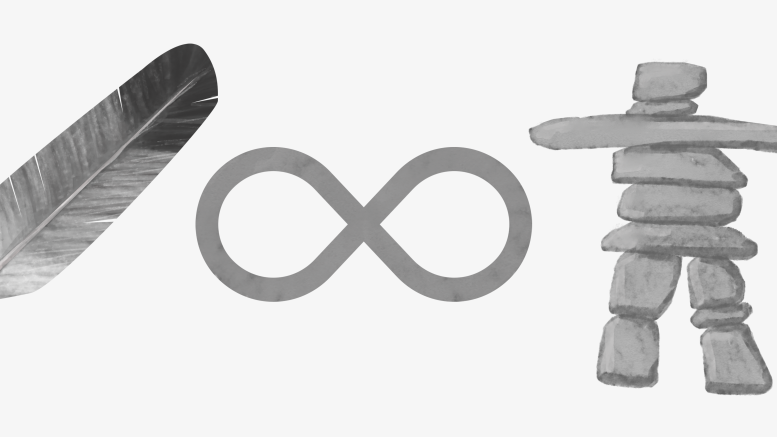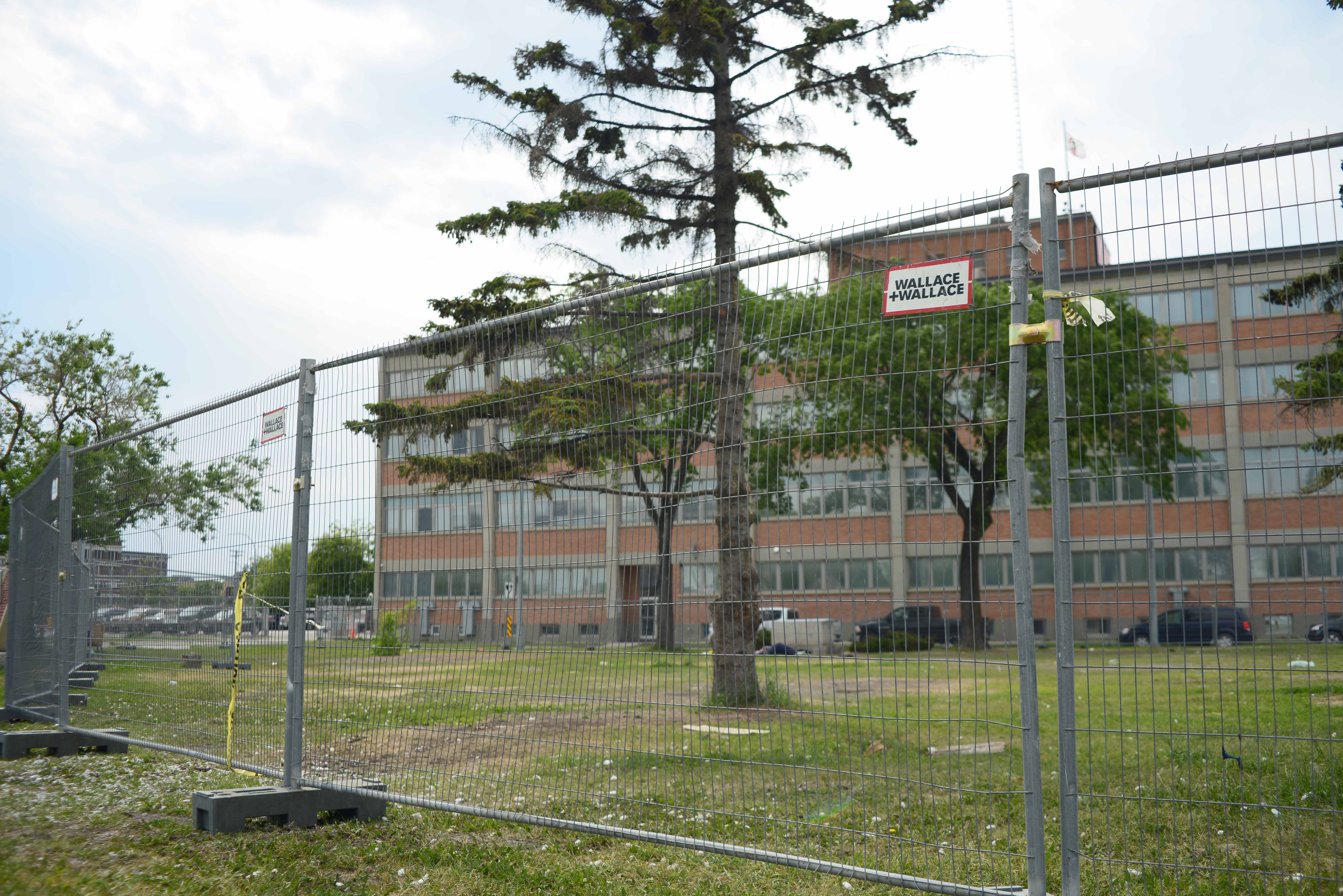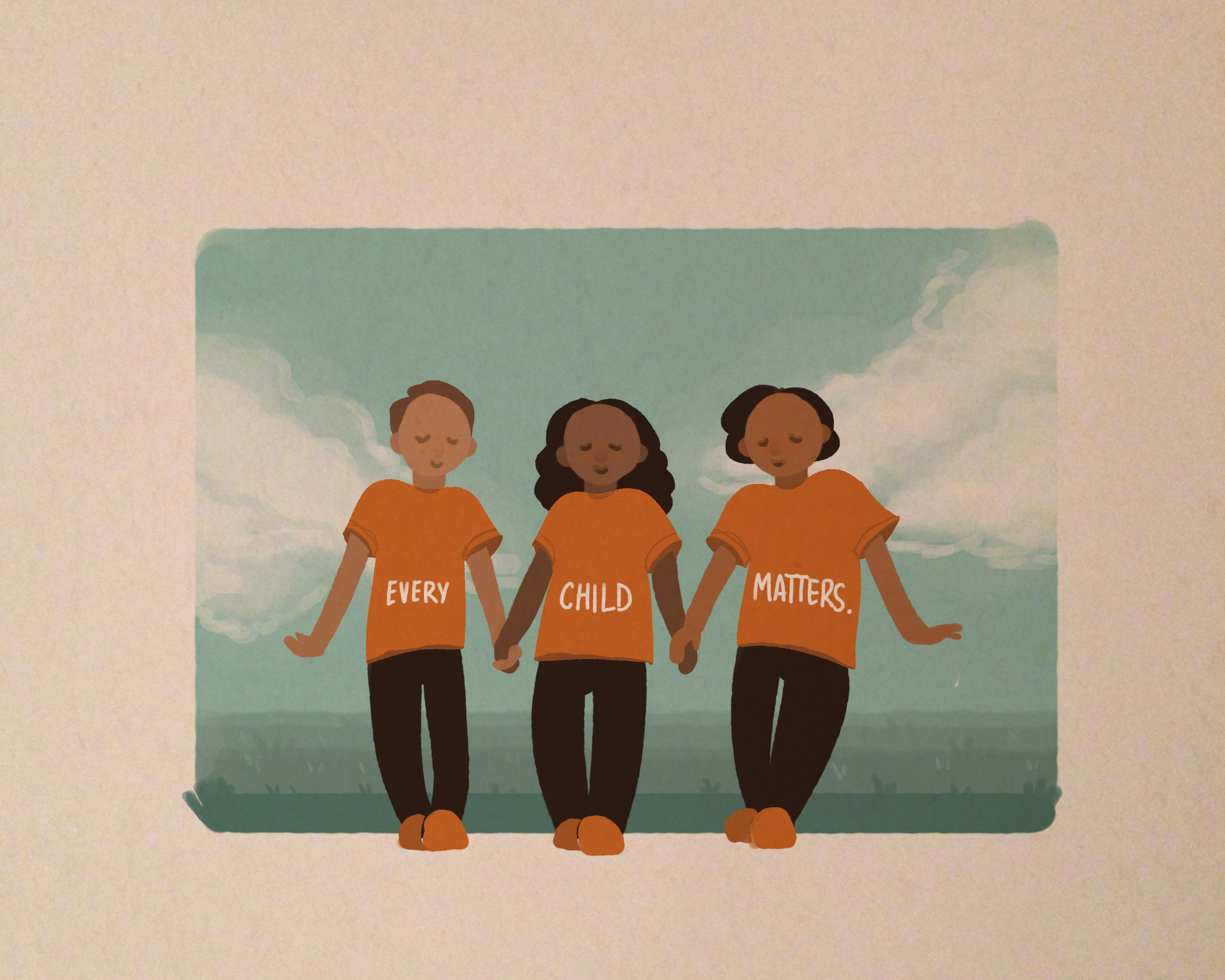Indigenous identity is a personal journey for all who experience it. However, such identities can face exploitation through acts of fraud. Fraudulent identifications are a reality facing growing attention. In 2021, for example, one University of Saskatchewan professor was found to have falsely claimed Métis ancestry.
Following a CBC investigation that found Carrie Bourassa had falsified her identity, the university launched a portal that required Indigenous faculty, staff and students to verify their identity when applying for a position or award specifically meant for an Indigenous person.
Currently, the U of M has a self-identification structure for Indigenous students. As UMSU Indigenous students’ representative Ishkode Catcheway explains, the current system can lead to room for identity fraud.
“The current way to self-declare, for students anyways, on Aurora [is] just literally clicking a checkbox that says ‘Yeah, I’m Indigenous,’” Catcheway said.
To work toward addressing this issue of fraud, the university held dialogue sessions throughout 2022 to produce a report and recommendations toward an Indigenous identity policy.
The consultations were headed by Métis, Inuit and First Nations community leaders, who met with multiple interest groups to construct main themes to guide the potential policy.
In March, the Indigenous identity report was completed, encompassing nine core recommendations for students to validate their identity, and to report cases of fraud.
The top priority highlighted by the consultations was the need to avoid increasing barriers for Indigenous people in validating their Indigeneity.
Within the report, a tiered system outlines how students and faculty can confirm their Indigeneity.
The first tier outlines presenting identification issued by provincial, federal and Indigenous governments. The second tier involves genealogies and identity circles within a community. The third tier calls for a signed declaration that confirms connection to a specific Indigenous community.
For those who may not be able to present their identity through the three tiers and to honour Indigenous tradition, there is also the possibility for oral testimonials and additional assistance for application processes if needed.
Catcheway and University of Manitoba Indigenous Students’ Association co-president Sheri Shorting are optimistic for the eventual policy based on the new recommendations, but worry about the barriers and strain that could occur for those reconnecting with Indigenous roots and those who are non-status.
“The umbrella under Indigenous is so complex, especially having to carry a card that declares what we are,” said Catcheway.
“Then, we have these people who are taking up space in places that they are not necessarily belonging to because they are not Indigenous — so that is why we need this.”
After reading the report, Catcheway found the recommendations to be great steps but worries about their prioritization. In both Catcheway and Shorting’s eyes, Recommendation 9 should instead be top of mind and shape the future policy. Recommendation 9 states that “The policy must be transparent and should clearly state the process for verification of identity as well as a process for review of complaints of Indigenous identity fraud.”
Both are also concerned about the awareness and promotion of the consultations leading up to the report, as neither were aware of the plans for such a policy until the recommendations were released. However, they are hopeful that the plans result in a successful policy, since students and staff will be the ones greatest affected.
“You can write about it but to see the action from that, is going to be pretty interesting to see how this will roll out,” said Shorting.
The report outlines next steps for the report and proposed policy. Within three months after the report has been received, the U of M president and executive will create a group whose responsibility will be to outline the timeline and steps intended to implement the recommendations and address any additional supports deemed necessary.
As outlined in the report, next steps of implementation are occurring as UM Indigenous Identity Policy and Procedures Committee meetings are in progress, and the policy is under development.





